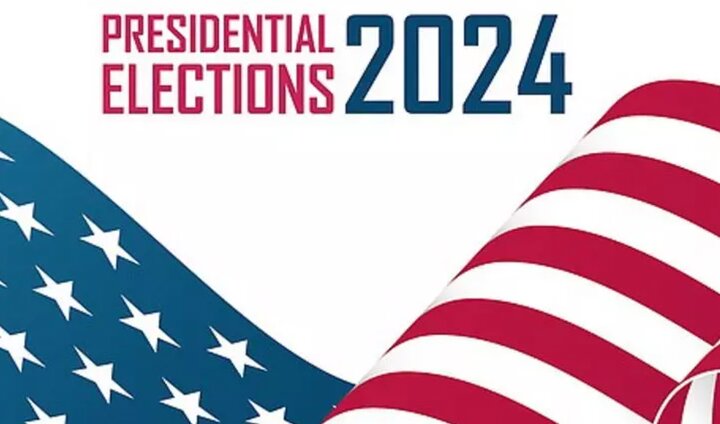“Presidential” system in America; What duties and powers does the president have?
The countdown to the US presidential election has begun. The elections, which will be held on November 5th, will determine the fate of the executive branch for the next four years.
It should be noted that the US Constitution stipulates that the president must be a native citizen born in this country and be at least 35 years old. Presidential candidates are chosen several months before the presidential election, which takes place every four years. The 22nd amendment to the constitution, which was approved in 1951, limits the term of office of the president to two terms.
After the tough process of intra-party contests and elections, Kamala Harris, the incumbent vice president from the Democratic Party, and Donald Trump, the candidate of the Republican spectrum, have entered the final stage of the election to rely on someone in the presidential political system if they win.
What is the difference between the American presidential system and the parliamentary system?
As mentioned, the presidential system is ruling in America; A presidential system is a type of government system in which the executive branch is independent from the parliament or legislature. In such a system, the president is not only the head of the executive branch but also the head of the country and is elected by the people for a certain period.
The presidential system is an example of the complete realization of the principle of separation of powers; The principle proposed by Montesquieu, a French political thinker of the 18th century. America is the first presidential republic in the world because Montesquieu deeply influenced the authors of the American Constitution.
In the parliamentary system, the prime minister is the head of the government and the king or president is considered the head of the country or state and does not have much authority. But in the presidential system, the president has wide powers and – unlike the parliamentary system – the parliament has no role in choosing the ministers. Therefore, the ministers are accountable to the president, not to the parliament. Therefore, the parliament does not have the right to dismiss the ministers and can only impeach and dismiss the president in special circumstances.
Systems in which the president is not the head of the country are not presidential systems, but quasi-presidential systems. Also, if the parliament has a role in appointing or dismissing government ministers, the quality of the presidency of the system will be reduced. This sentence does not necessarily indicate the existence of a negative feature in such systems but is merely a news statement about the incomplete nature of the presidency of such systems. It tells a story.

